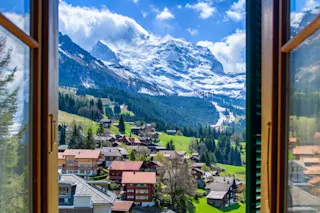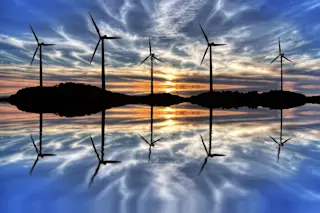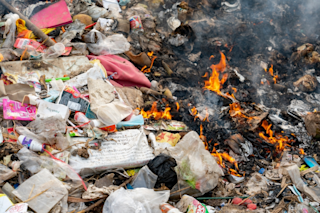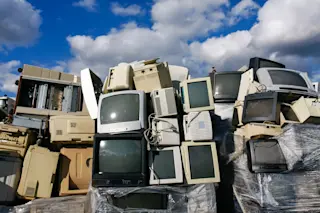Michael Lemonick, a veteran science journalist, has an intriguing op-ed in today's LA Times. He argues that the severe weather/climate change attribution debate is too simplistic and unhelpfully framed around the wrong question. Here's a better way to think about this issue, he suggests:
An obese, middle-aged man is running to catch a bus. Suddenly, he clutches his chest, falls to the ground and dies of a massive heart attack. It turns out that he's a smoker and a diabetic, has high blood pressure, eats a diet high in saturated fat and low in leafy green vegetables, pours salt on everything, drinks too much beer, avoids exercise at all costs and has a father, grandfather and two uncles who also died young of heart attacks. So what killed him? Most people are savvy enough about health risks to know this is a trick question. You can't pick out a single ...













